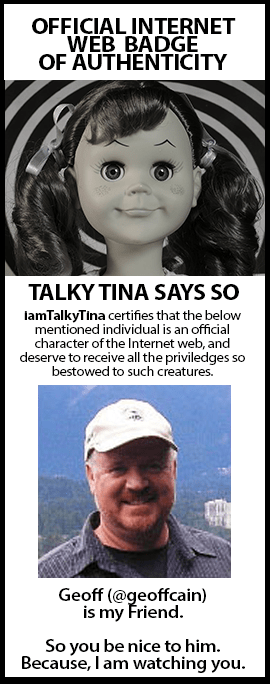
-
Recent Posts
Simon Says: Educate!
Mastodon
Quote of the Moment…
Nodes in My Network
- Bryan Alexander
- Maha Bali
- Gardner Campbell
- Mike Caulfield
- Sahana Chattopadhyay
- Dave Cormier
- Robin DeRosa
- Ignatia Inge deWaard
- Stephen Downes
- Cable Green
- Jim Groom
- Rajiv Jhangiani
- David Kernohan
- Clint Lalonde
- D'Arcy Norman
- Howard Rheingold
- Jen Ross
- Bonnie Stewart
- Jill Walker-Rettenberg
- Audrey Watters
Archive
Tag Cloud
- Accessibility
- AI
- art
- assessment
- biology
- collaboration
- community
- Community college
- conceptmaps
- connectivism
- constructivism
- diversity
- ds106
- edtech
- education
- elearning
- English
- future
- Instructional Design
- instructionaldesign
- LMS
- mlearning
- MOOC
- networks
- OER
- Open education
- Open Educational Resource
- Open educational resources
- Open education resources
- Open source
- Open textbook
- Open textbooks
- opentextbooks
- pedagogy
- Public domain
- publishing
- Social media
- Social network
- teaching
- Tech Beat
- technology
- Textbook
- textbooks
- Time management
GBC Education Consulting

Creative Commons
 This work is licensed under a Creative Commons Attribution-NonCommercial 4.0 International License by Geoffrey Cain. Please use – keep the conversation going!
This work is licensed under a Creative Commons Attribution-NonCommercial 4.0 International License by Geoffrey Cain. Please use – keep the conversation going!DS106 for Life!

The Countdown!
"It is a miracle that curiosity survives formal education." – Albert Einstein

NWeLearn: E-Texts as Collaborative Engagement
This is another presentation I gave at the Northwest eLearn Conference in Bend, OR on Oct. 17. There will be recordings of this presentation available later but I wanted the attendees to have a copy of it now. Some of the more interesting and salient points of this presentation are around the democratization of the web. Tools like Hypothes.is allow us to comment on websites even if a govt. or “thought leaders” are discouraging or preventing it (e.g. sites that do not allow comments or “Comments closed for this blog.”). Web annotation tools represent a re-opening of the web that I think will represent as significant advance in collaborative thinking since cheap postage.
Hands down, I am finding Hypothes.is to be the best, most useful, and easiest of the web annotation tools out there. If you agree, I would love to hear in the comments how you are using it in your work, and if you disagree, tell me about the tools you use! Thanks!